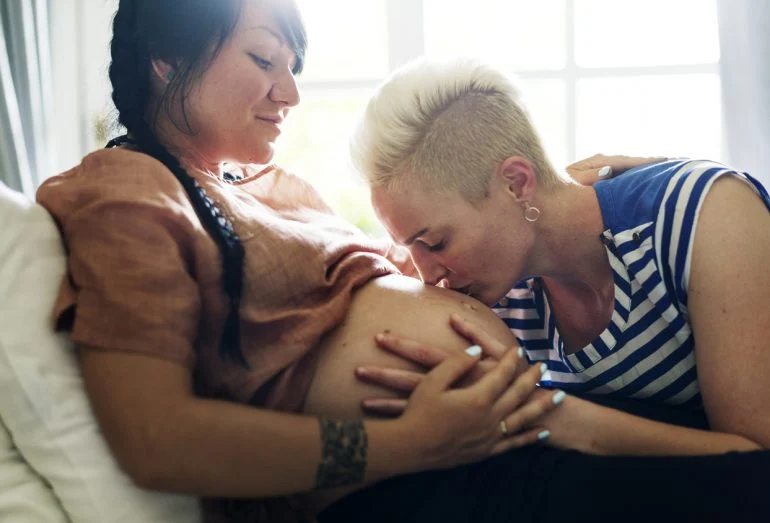A recent post from Humans of New York (HONY) has sparked discussions about the critical need for consent education among young people. HONY shares captivating snapshots of life in New York City, often accompanied by touching or thought-provoking stories that leave a lasting impact. One story, in particular, serves as a crucial reminder of how we often fail to teach children about consent.
The post features a young woman reflecting on one of her first sexual experiences. “It was the summer between 8th and 9th grade,” she recalls. “We were make-out buddies, sometimes chatting during the day, other times not.” One night, while drinking in his basement, he pressured her to have sex. “My heart was racing and I was terrified,” she admitted. “I kept saying: ‘maybe,’ ‘maybe,’ ‘maybe.’ Then he suggested flipping a coin. My stomach sank.”
You can probably guess the outcome of the coin toss.
Afterward, he told her, “I think I heard my dad upstairs. You need to leave.” She went home and filled an entire page in her journal with the words: “It didn’t happen.” For years, she felt it was her fault for feeling hurt, thinking she was being overly sensitive. It took her five years to understand that consent is not a game of chance.
This story resonates with many, highlighting experiences filled with ambiguity, coercion, and discomfort. Growing up, I learned about sex and consent from my mother’s old magazines, and I can recall instances where I did things I wasn’t comfortable with, all for the sake of approval. It was a time when I didn’t realize that a true “yes” must be enthusiastic, and my partner never understood that silence doesn’t mean consent.
A recent study by Fusion revealed some alarming statistics: 75% of 48 men aged 18-49 reported that they hadn’t even encountered the term “consent” before college. This suggests a significant gap in understanding the concept, where many believe that a lack of “no” equates to a “yes.”
As uncomfortable as it may be for parents to think about their kids exploring sexual experiences, it’s crucial that we equip them for those moments. We want their experiences to be healthy, safe, and consensual. Both parties need to know they have the right to say yes or no, and that consent should always be clear and explicit.
Too many stories echo the sentiments of the HONY post. But we have the power to change this narrative for the next generation. It’s vital that we teach both girls and boys that consent is a definite “yes” or nothing at all, every single time.
For more information on consent and parenting, check out our other posts on home insemination kits, and if you’re interested in pregnancy resources, Healthline offers great insights into intrauterine insemination.
In summary, the importance of teaching consent cannot be overstated. We must ensure that the next generation understands the true meaning of consent, as it will shape their relationships and experiences for years to come.

